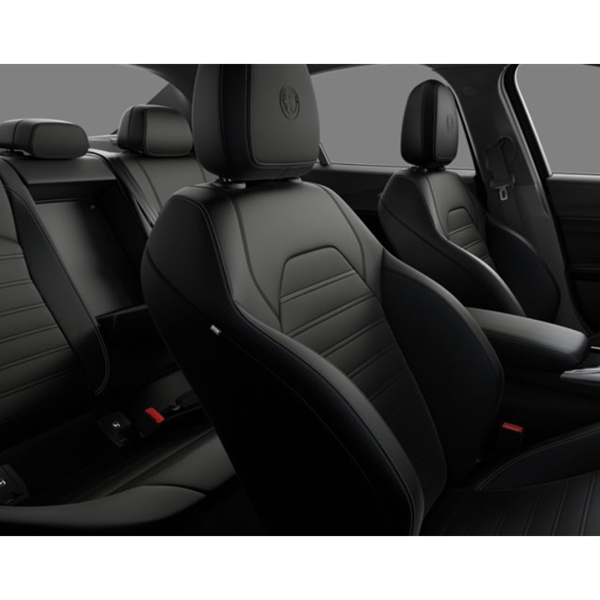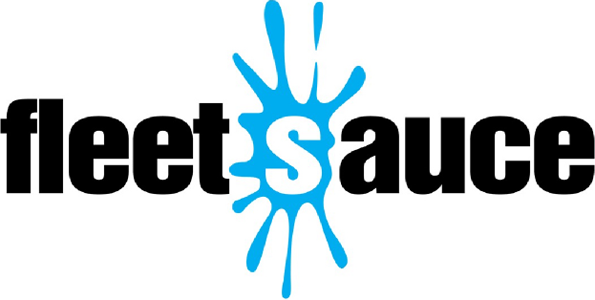
How Car Manufactures are Using Eco Friendly Materials in Cars

(Posted on 17/04/24)
The automotive industry is undergoing a profound transformation, not only in the shift towards electric vehicles but also in the quest to minimise the carbon footprint of every aspect of vehicle production, including the materials used. A key focus is on adopting more sustainable and recyclable materials, even extending to the recycling of electric vehicle batteries.
With growing concerns about global warming and sustainability, manufacturers face mounting pressure to innovate and embrace eco-friendly alternatives to reduce the environmental impact of their vehicles. As the adoption of electric vehicles accelerates, attention is turning to the overall sustainability of cars, particularly in the materials used.
There's a significant emphasis on utilising lighter materials to enhance fuel efficiency and employing more sustainable, recycled materials to decrease the carbon footprint of vehicles. Polymer composites and plastics are increasingly favoured by car manufacturers for their ability to reduce vehicle weight and improve fuel efficiency. Over the past decade, there has been a noticeable uptick in the use of plastics in automobiles, resulting not only in reduced carbon emissions but also in improved performance and lower fuel costs.
One notable trend gaining traction, not only in cars but across various products, is the adoption of vegan leather. This alternative offers the look and feel of traditional leather without the environmental impact or harm to animals. Manufacturers are turning to organic and sustainable materials to create leather-like seats, with options such as apple leather, derived from waste products of the food industry, and cactus leather, made from the leaves of the cactus plant. Luxury automakers like BMW, Ferrari, and Tesla are integrating these plant-based materials into their vehicles, emphasizing their biodegradability and recyclability for future use.
Volkswagen stands out as a manufacturer committed to reducing its carbon footprint. For instance, the ID. Buzz model incorporates sustainable materials extensively, including 100 percent recycled polyester for the roof linings and carpets. Moreover, Volkswagen has phased out the use of chrome for decorative parts in the ID. Buzz, opting instead for chrome-look liquid paint with a bio-based binding agent, reflecting their dedication to environmentally conscious manufacturing practices. As they continue to seek new sustainable materials and pursue a net-zero future, Volkswagen exemplifies the industry's shift towards greater eco-consciousness and responsibility.
 Expert Advice
Expert Advice  Competitive Prices
Competitive Prices Road Tax & Roadside Assistance
Road Tax & Roadside Assistance Free National Delivery
Free National Delivery Full Manufacturer’s Warranty
Full Manufacturer’s Warranty





